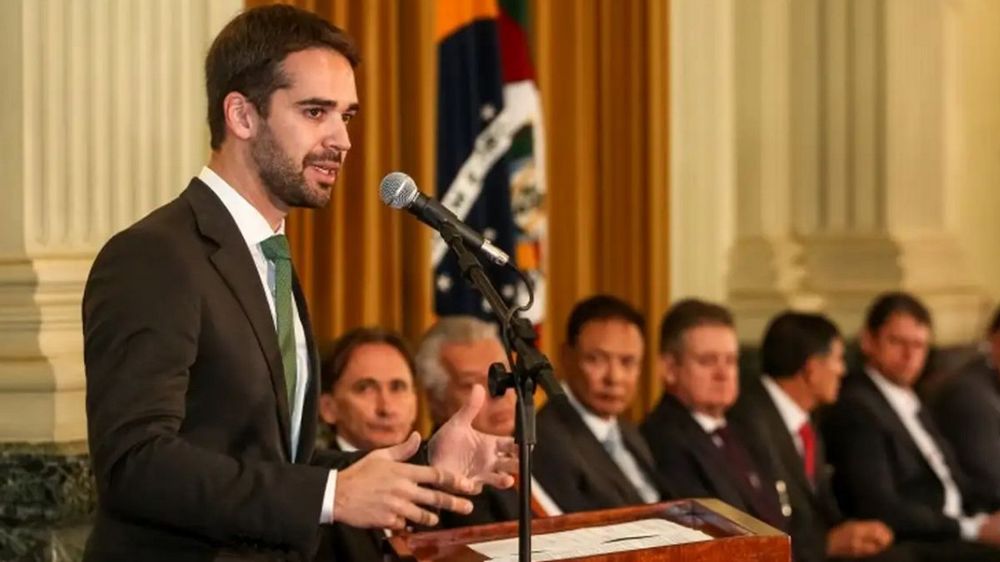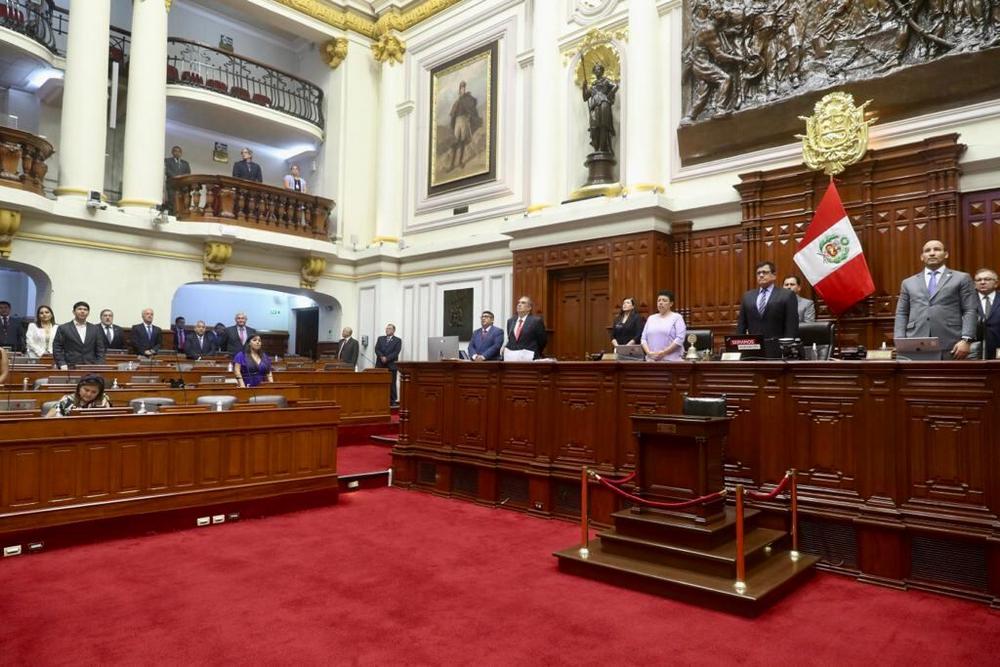In a swift sequence of events, the Dominican Republic introduced and then promptly repealed Decree 30-25, a regulation aimed at taxing foreign digital service providers operating within its borders. This decree sought to apply the Tax on the Transfer of Industrialized Goods and Services (ITBIS) to a broad spectrum of digital services consumed domestically.
Initial Implementation of Decree 30-25
On January 25, 2025, President Luis Abinader enacted Decree 30-25, as published in Official Gazette No. 11186. The regulation mandated that all foreign digital platforms offering services in the Dominican Republic register with the General Directorate of Internal Revenue (DGII) and charge an 18% ITBIS to Dominican consumers. Services affected included online advertising (e.g., Google Ads, Facebook Ads), streaming platforms (e.g., Netflix, Spotify), cloud storage services (e.g., Google Drive, Dropbox), and subscription-based services (e.g., Airbnb, Uber, Amazon Prime).
Dominican Republic now rides the Online gambling with the publication of the regulation document.
The tax was to be reflected in the bills of Dominican users.
Scope of the Tax
The decree encompassed a wide array of digital services:
- Online Advertising: Platforms delivering digital advertisements, regardless of the medium.
- Streaming Services: Providers offering movies, music, and other media content.
- Cloud Storage: Services offering data storage solutions.
- Subscription-Based Services: Platforms facilitating accommodations, transportation, and other services.
Repeal of the Decree
However, shortly after its enactment, the Dominican government repealed Decree 30-25. This decision came amid public debate and media coverage, leading authorities to withdraw the measure. As a result, foreign digital platforms remain exempt from ITBIS, while the government explores alternative tax collection strategies.
Implications for the Digital Economy
The rapid enactment and subsequent repeal of Decree 30-25 highlight the complexities governments face in taxing the digital economy. While the initial intent was to boost tax revenue and ensure fiscal fairness between digital platforms and traditional businesses, the swift reversal underscores the challenges in implementing such measures.
As the digital landscape continues to evolve, the Dominican Republic may need to consider alternative approaches to effectively tax foreign digital services without disrupting the market or consumer access












































